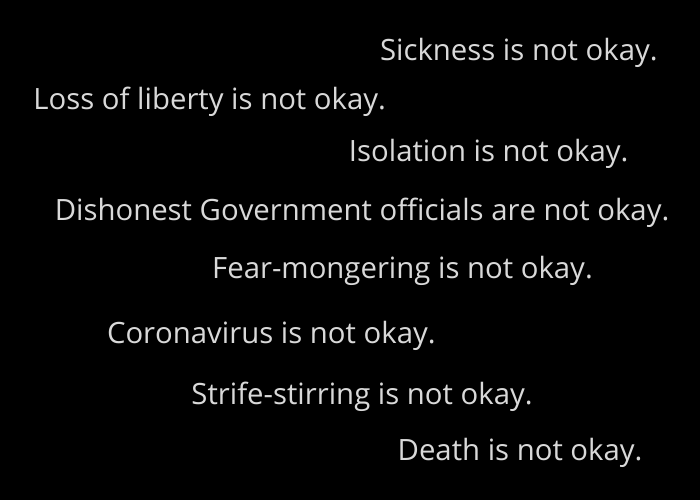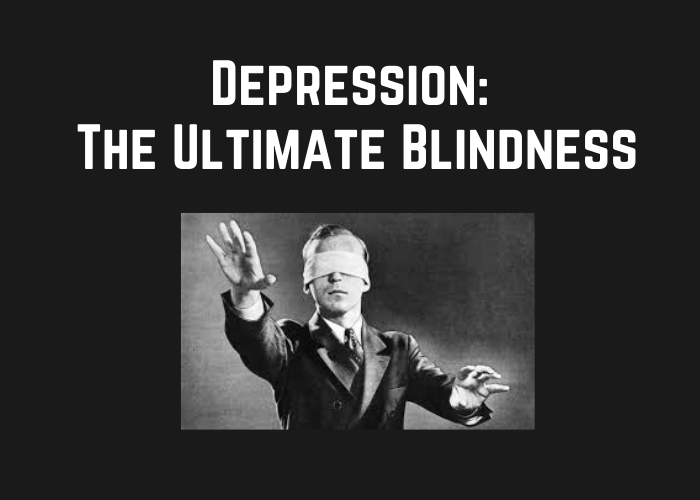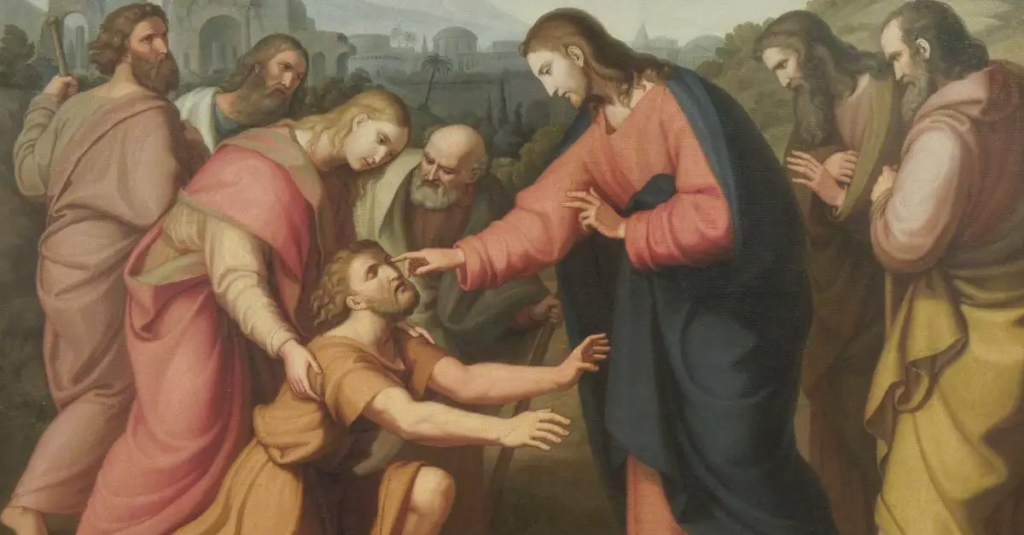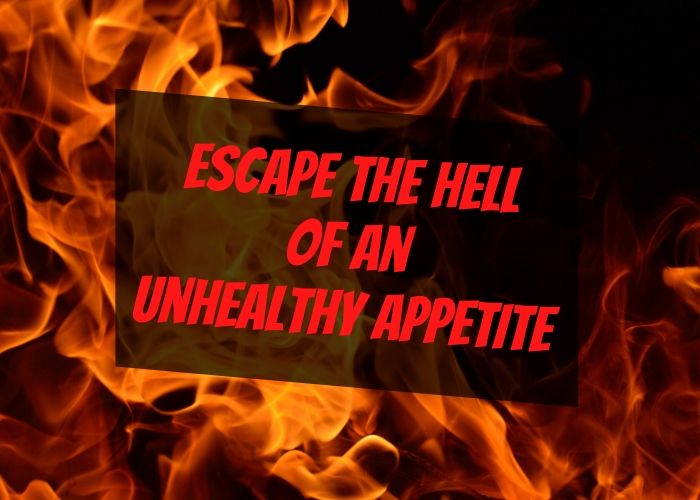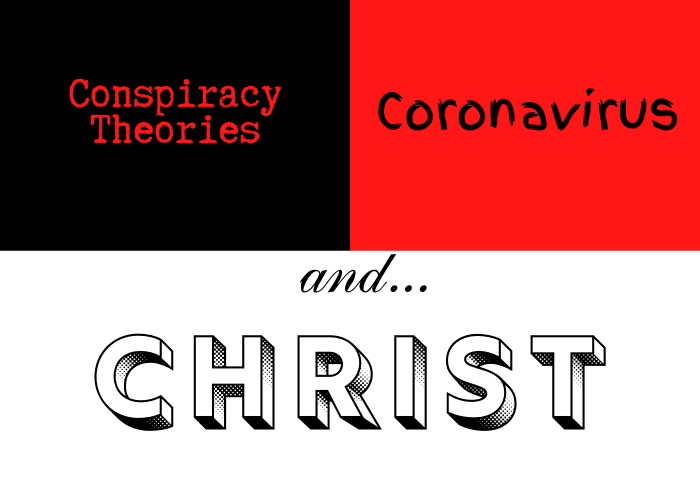
“If I speak in the tongues of men and of angels, but have not love, I am a noisy gong or a clanging cymbal. And if I have prophetic powers, and understand all mysteries and all knowledge, and if I have all faith, so as to remove mountains, but have not love, I am nothing. If I give away all I have, and if I deliver up my body to be burned, but have not love, I gain nothing.” 1 Corinthians 13:1-3
I heard metal twist and scrape in a cacaphony of sound from inside the safety of my home. It was 5:50 am, long before I meant to be awake. The evil machinations of an 11-year-old munchkin had awakened me, but more sinister events were in play. A young man had been speeding when he lost control of his vehicle and crashed head on into my neighbor’s car. When I walked outside I saw him running down the street and away from accountability. I dialed 911 and waited for police as I considered my friends and their reaction to their totaled vehicle. I grieved and thought, it could just as easily have been my car.
Have you ever caused a wreck and run away? Did you speed and hide? Did you hope no one saw you? Did you care little about the carnage you caused? Or on the flip side, were you the victim of a “hit and run”? Were you left standing in the rubble of the careless actions of a stranger? Did you weep over the destruction of your property and pray for justice?
Britney Spears once sang, “I’m not that innocent”. She made light of toying with the affections of a young man, as if teasing and pretending to love someone was casual entertainment. The song was in the top 10 Pop charts in the US and went to number one in more than a dozen countries, which is a good indication of how much people liked it. But the lyrics point to a more serious question. 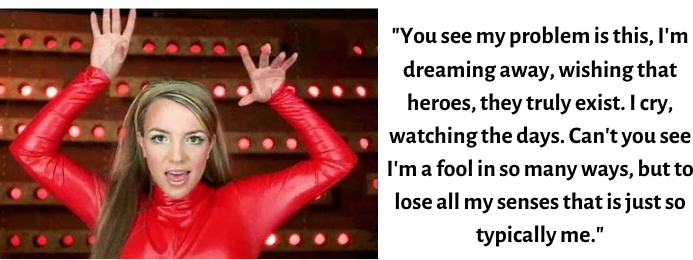
Britney Spears is “not that innocent.”
I have a lot of questions for my friend, Britney, but first and foremost I would ask, “why do you rationalize your search for a ‘hero’ as an excuse to abuse someone?”
Now maybe you are reading this and thinking, “Margaret, why would you even bother to philosophize a pop song? It’s supposed to be catchy and make me want to dance in my living room.”
Dear Reader, don’t you know our thought patterns are governed by the information we choose to consume?
The videos began circulating a few weeks ago and everyone was quick to pick a side. Each person formed an opinion based on their own life experience and began “speeding down the wet road.” Before you could say “hydroplane” the verbal fireworks began. All the social justice warriors began trying to convince everyone their opinion was the correct one. We suspended reason, grabbed our cymbals, and started clanging.
We say, “We’re all in this together” but the reality couldn’t be further from the truth. When I go to the grocery store, I see people shaking with fear and with rage. People back away when approached, and if one person is not wearing a mask, the mask-wearer glares daggers through one with a naked face. I’ve seen beltless-boys with their pants around their knees receive kinder looks than my mask-less friends. I want to wave a white flag. I want to call a truce. I want to invite people to think past their feelings. But I’m too busy running away from the swirl of negative emotions and back to my house where we can beat each other up in peace.
Meanwhile, relatives are unfriending each other on Facebook. People from church are arguing about conspiracy theories, and everyone has a “justified” opinion on the best path out of this horror movie. Why do we feel comfortable verbally bludgeoning everyone who doesn’t agree with our perspective. When did America turn into The Hunger Games? And when did we all begin emulating President Snow?
“Why Margaret, that’s pretty harsh. Don’t you realize we need to get to the truth? This is serious. And besides, I am Katniss! I am trying to protect my neighbor. They just need to get “woke” to my way of thinking. Then, I can love them.”
Polite discourse is dead. It was burned at the stake with the fuel of our mistrust. Fake news is the red flag flying high at the top of the pole and our neighbors are the kindling. Meanwhile we scream, “Throw another body on the fire and see how bright it burns!”
It feels like we violate neighbor love for our own amusement–and more prevalently than we might realize. The memes say, “if you don’t post to defend “fill-in-the-blank”, I can’t be your friend, while somehow suggesting that by doing so, everything will be okay.
In our haste to protect ourselves and those we love, we have forgotten something important: we all die. We are all terminal. And there is no vaccine that will cure us. In the meantime, we are drowning in a sea of despair and our ideology is not proving to be an effective floatation device. Do we really think groping around the shoulders of our neighbors is going to help anything?
We are all in the same boat as Britney–dreaming and wishing that heroes truly exist.
“And he came to Nazareth, where he had been brought up. And as was his custom, he went to the synagogue on the Sabbath day, and he stood up to read. And the scroll of the prophet Isaiah was given to him. He unrolled the scroll and found the place where it was written, ‘The Spirit of the Lord is upon me, because he has anointed me to proclaim good news to the poor. He has sent me to proclaim liberty to the captives and recovering of sight to the blind, to set at liberty those who are oppressed, to proclaim the year of the Lord’s favor.’ And he rolled up the scroll and gave it back to the attendant and sat down. And the eyes of all in the synagogue were fixed on him. And he began to say to them, ‘Today this Scripture has been fulfilled in your hearing.” – Luke 4:16-21
Jesus made an audacious claim; He was the Son of God.
“Then he opened their minds to understand the Scriptures, and said to them, ‘Thus it is written, that the Christ should suffer and on the third day rise from the dead, and that repentance and forgiveness of sins should be proclaimed in his name to all nations, beginning from Jerusalem. You are witnesses of these things. And behold, I am sending the promise of my Father upon you. But stay in the city until you are clothed with power from on high.” Luke 24:45-49
The “power” He promised was the Holy Spirit for those who believe. It is the ‘good deposit’, the guarantee of what is to come. It is not a wishful hope. The Holy Spirit is God choosing to dwell in us until Jesus returns and take us to live with him in paradise.
This is the only hill I am willing to die on. I may be wrong about everything else, but I have staked my life on the blood of Jesus.
My husband says I like to fight; namely, to disagree. It’s true. I have perfected the art of hydroplaning and crashing into my neighbors car, both literally and philosophically. And it is only by the grace of God that I have managed to evade jail, or worse; scorn. Today, if you are behind the wheel and careening down the road, slow down! But if it’s too late and you have already crashed into your neighbor, take heart! “If we confess our sins, he is faithful and just to forgive us our sins and to cleanse us from all unrighteousness.” – 1 John 1:9
It is true that loves covers a multitude of sins, so from my heart to yours: Grace and peace be yours in abundance today!
